According to a 22-month study by a US-based think tank, the innovation capacity of mainland companies in the fields of nuclear, electric vehicles and electric batteries “will almost certainly equal or surpass that of European companies within the next ten years”.
“While China’s innovation system is not perfect, it is proving to be much more robust than previously known,” ITIF Director Stephen Ezell said at the announcement on Capitol Hill.
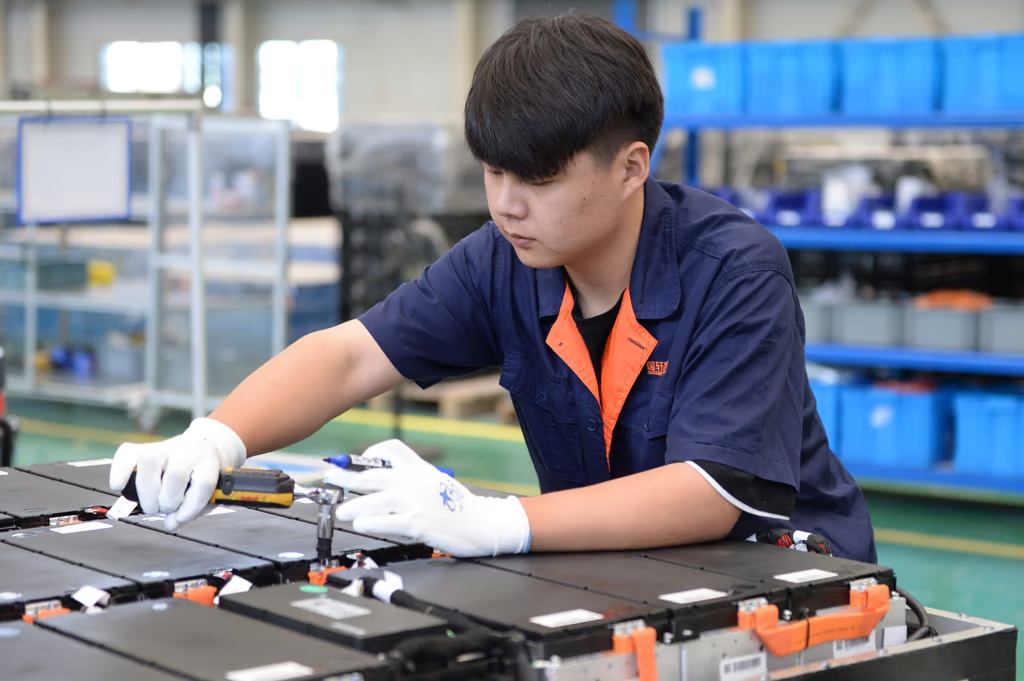
China is still not in the lead overall, but “it has moved up in certain areas, and some mainland companies will even catch up and surpass their European rivals within a decade.”
Ezell said Chinese companies were innovating “fastest” in nuclear power, electric vehicles and batteries, but advanced semiconductors were at a more modest pace.
The world's second-largest economy is currently building more nuclear reactors than the rest of the world combined.
By 2030, China is expected to surpass the US in nuclear power generation, as it becomes the first country to deploy advanced fourth-generation reactors with new designs and passive safety systems.
In the automotive sector, in 1985, China produced only 5,200 units compared to an expected 26.8 million units in 2024. The country currently produces 62% of the world's electric vehicles (EVs) and 77% of global EV batteries.
In the robotics field, Ezell said “Chinese companies themselves are not as innovative as American, Korean or Japanese companies, with the exception of Kuka,” a German industrial robot maker acquired by Chinese home appliance maker Midea Group in 2016.
Yet last year, China deployed more industrial robots than the rest of the world combined, the ITIF director added.
For semiconductors, the study found that China is about two to five years behind global leaders, with the latest advanced chips made by Huawei Technologies three years behind.
(Synthetic)

Source: https://vietnamnet.vn/trung-quoc-se-vuot-mat-chau-au-ve-doi-moi-cong-nghe-trong-mot-thap-ky-toi-2323774.html


![[Photo] The 4th meeting of the Inter-Parliamentary Cooperation Committee between the National Assembly of Vietnam and the State Duma of Russia](https://vphoto.vietnam.vn/thumb/1200x675/vietnam/resource/IMAGE/2025/9/28/9f9e84a38675449aa9c08b391e153183)



![[Photo] Joy on the new Phong Chau bridge](https://vphoto.vietnam.vn/thumb/1200x675/vietnam/resource/IMAGE/2025/9/28/b00322b29c8043fbb8b6844fdd6c78ea)
![[Photo] High-ranking delegation of the Russian State Duma visits President Ho Chi Minh's Mausoleum](https://vphoto.vietnam.vn/thumb/1200x675/vietnam/resource/IMAGE/2025/9/28/c6dfd505d79b460a93752e48882e8f7e)
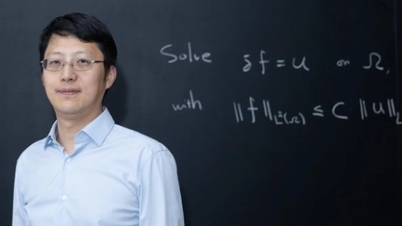













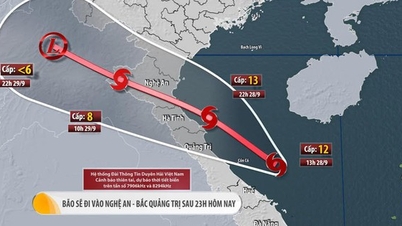










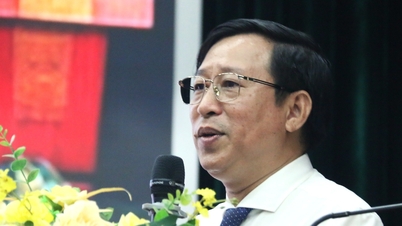



























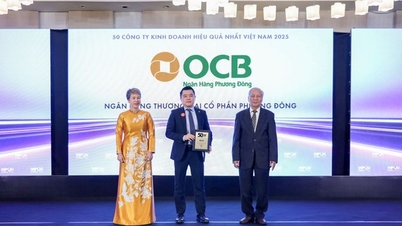

















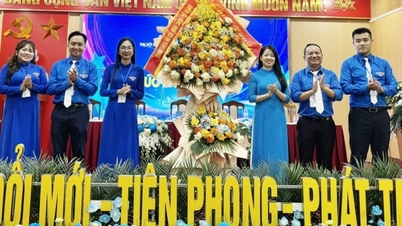
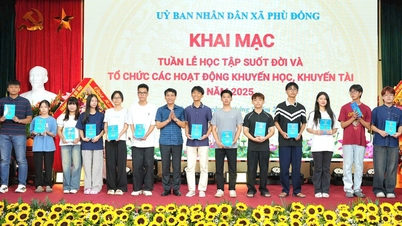
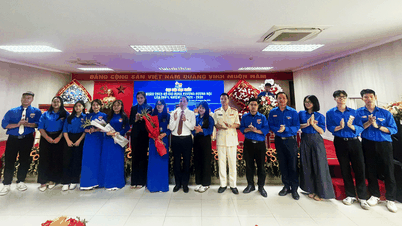
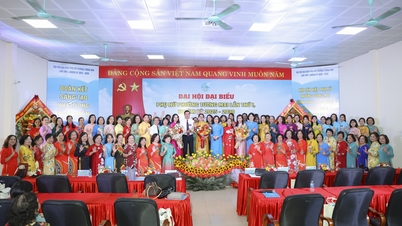















Comment (0)